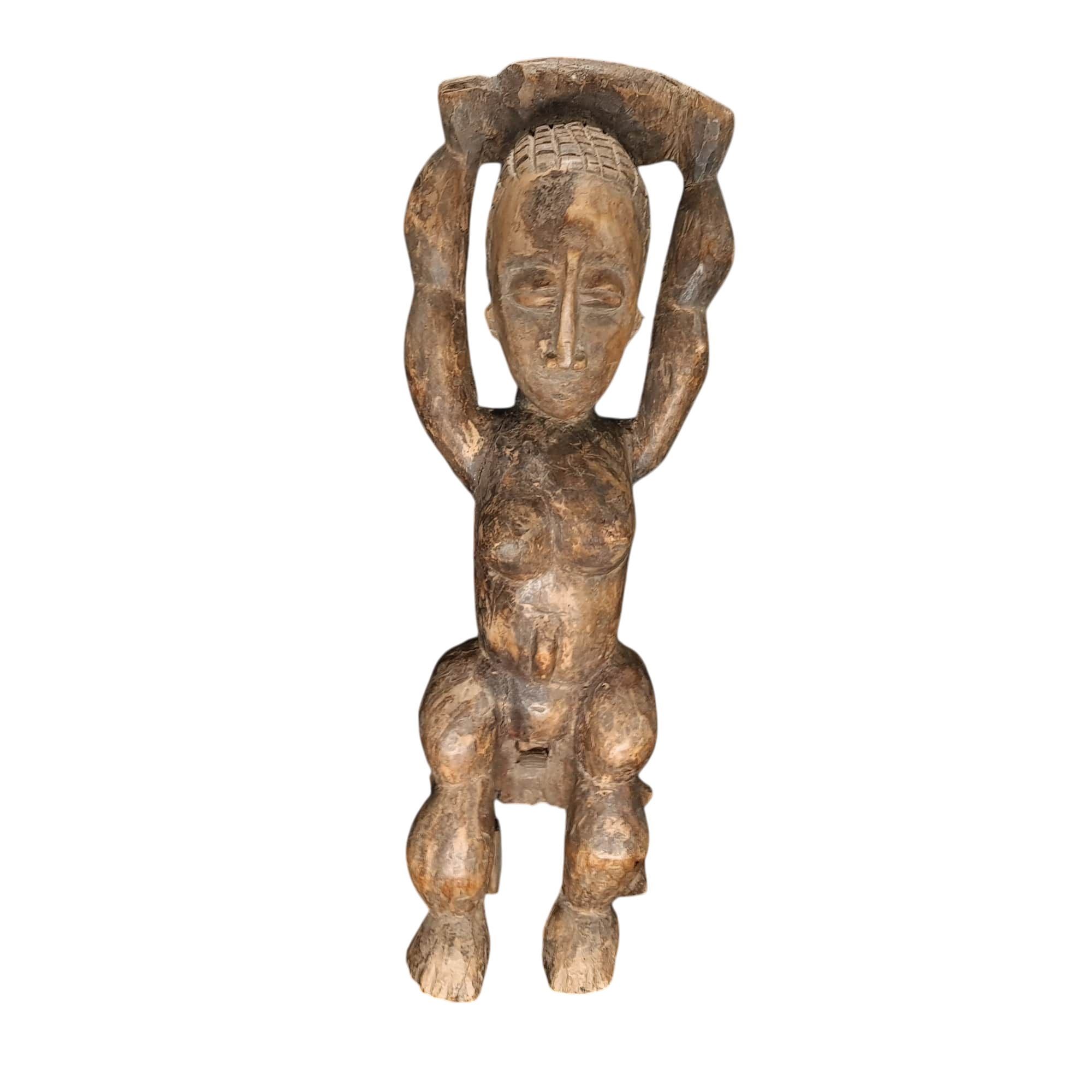The Attié ethnic group, also spelled Attie or Akyé, is one of the ethnic groups in Côte d'Ivoire, primarily located in the southeastern part of the country, in the Bas-Sassandra and Lagunes regions. The Attié belong to the Akan group, similar to other ethnicities present in Côte d'Ivoire and Ghana. Here is a detailed overview of the Attié people:
Location and History
- The Attié people mainly live in coastal and forested regions of Côte d'Ivoire, near cities such as Adzopé, Alépé, and Aboisso.
- They are descendants of the Akan people, who migrated from what is now Ghana to Côte d'Ivoire, similar to many other Akan groups, which explains the cultural similarities with other Akan groups.
- Throughout history, the Attié established small autonomous chieftaincies, where each village maintains a certain level of independence.
Social and Political Organization
- The Attié society is organized into local chieftaincies, with village chiefs playing a central role in managing community affairs.
- The Attié are divided into clans and lineages, often matrilineal, meaning that lineage is traced through the maternal line.
- The village chief, known as "Agni Sran", is often assisted by councils of elders and notables who play an important role in resolving conflicts and making major decisions for the community.
Language
- The Attié speak the Attié language, which belongs to the Kwa language family, a branch of the Akan group.
- The Attié language is similar to those spoken by other Akan ethnic groups in Côte d'Ivoire, such as the Agni or Baoulé, making communication between these groups easier.
Culture and Beliefs
- Attié culture is marked by a rich oral tradition, passed down from generation to generation through stories, myths, and legends.
- They practice ancestor worship, like many other Akan groups, where ancestors play a crucial role as protectors of the community. Rituals and ceremonies are often organized to honor the spirits of ancestors and seek their blessing.
- The traditional religion of the Attié also includes fetishism and veneration of nature spirits. Some parts of the population have also adopted Christianity and, to a lesser extent, Islam.
- Masks and statuettes play an important role in the spiritual life and rituals of the Attié, used in religious ceremonies, rites of passage, or festivals celebrating particular events.
Art and Craftsmanship
- The Attié are known for their craftsmanship, particularly in the production of wooden masks and statuettes. These masks are often used in ceremonies and have spiritual and protective functions.
- Their art is marked by great attention to detail and an aesthetic similar to other Akan groups, featuring geometric decorations and symbolic motifs.
Economic Life
- The Attié economy mainly relies on agriculture, particularly the cultivation of cocoa, coffee, and cassava, which are important crops in Côte d'Ivoire.
- They also engage in fishing and small-scale livestock rearing, complemented by commercial activities in nearby towns and villages.
- The Attié region is fertile, and the surrounding forests provide wood, gathered products, and materials for local crafts.
Music and Dance
- Music is very present in Attié culture, with traditional instruments such as drums, bells, and balafons.
- Dance is often at the heart of celebrations and rituals, whether family festivities, initiation rites, or religious ceremonies. Attié dances are expressive and play an important role in social and spiritual cohesion.
Importance of Rituals and Festivals
- Traditional festivals hold an important place among the Attié. Notable examples include purification ceremonies, initiation rites, and harvest festivals.
- These celebrations are often occasions to thank the spirits of nature and ancestors for their protection and for harvests, as well as to strengthen community bonds.
Modernity and Tradition
- Today, like many other ethnic groups in Côte d'Ivoire, the Attié face the challenges of modernity and globalization. Their traditions are evolving, integrating external influences while preserving significant aspects of their cultural identity.
- The younger generations increasingly migrate to large cities such as Abidjan, but ties to their home villages often remain strong, especially through traditional ceremonies and celebrations.
In summary, the Attié are an Ivorian ethnic group rich in traditions, deeply rooted in Akan culture. Their culture, marked by refined craftsmanship, spiritual rituals, and a strong sense of community, testifies to the richness and cultural diversity of Côte d'Ivoire.
